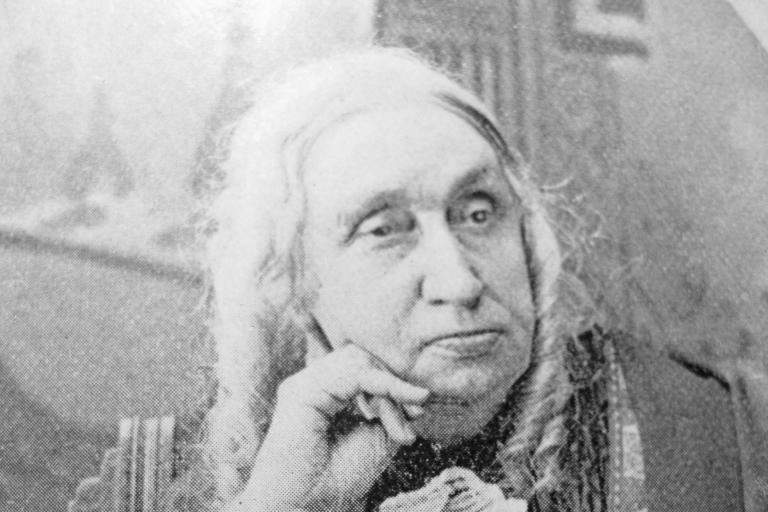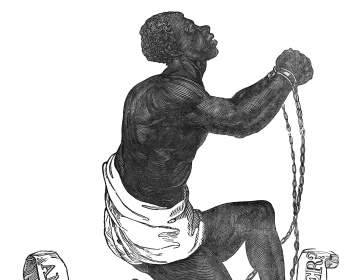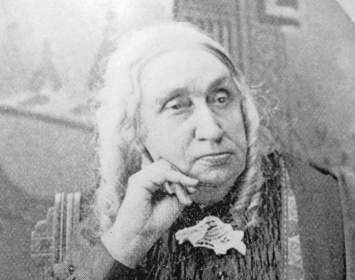By the mid-1800s, Lucy N. Colman was a widow with a seven-year-old daughter to raise in Rochester. She sought what employment she could obtain. She became a teacher in a segregated "colored school." In her autobiography, she said the school was based in an "African church" in "a low part of town." So deeply did she resent its segregation—and also being paid less than half the amount paid to her male predecessor—Colman contends that she secretly persuaded so many parents to withdraw their children that the school closed the year after she joined its staff. (At that time an experiment with integrated public schools was attracting much interest.) The school closed in 1857, which could have coincided with Colman’s employment there.




